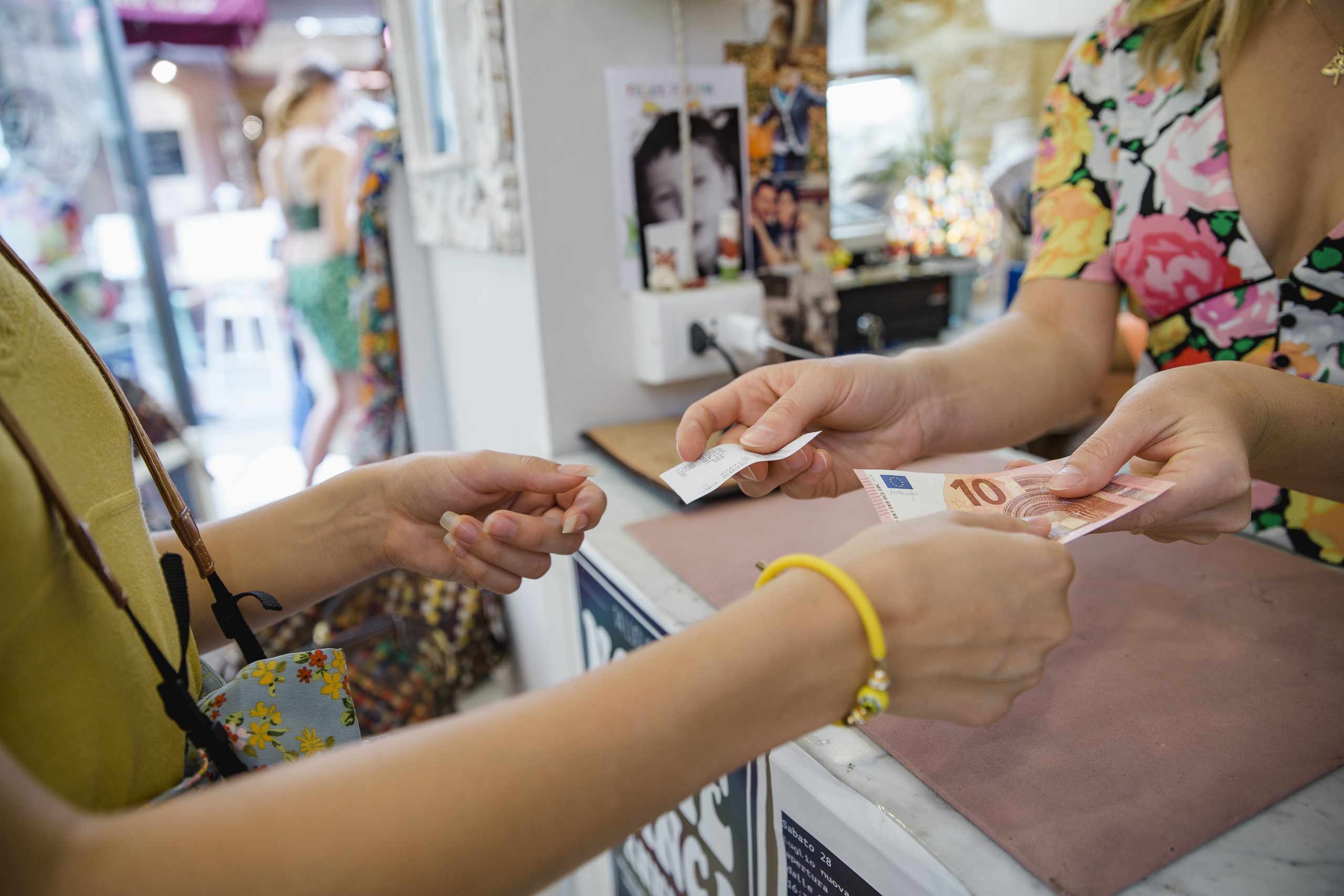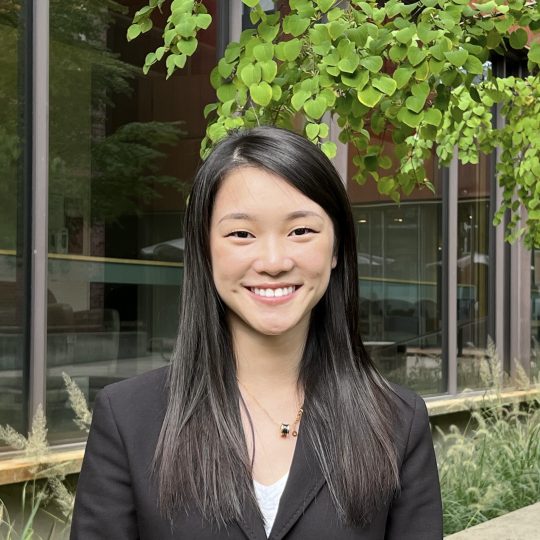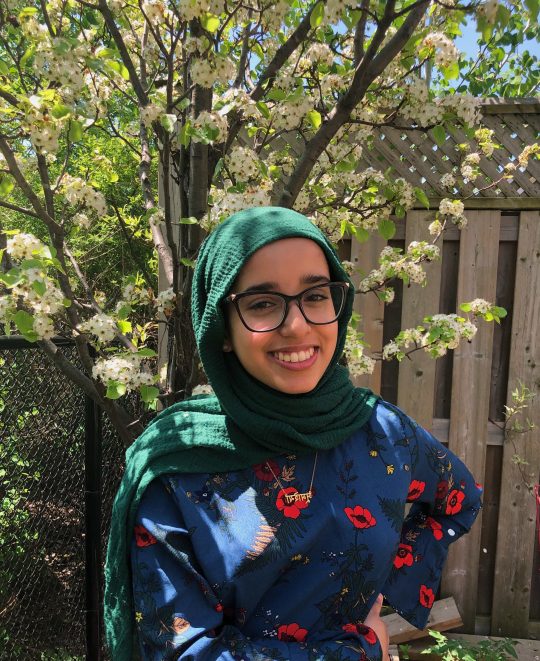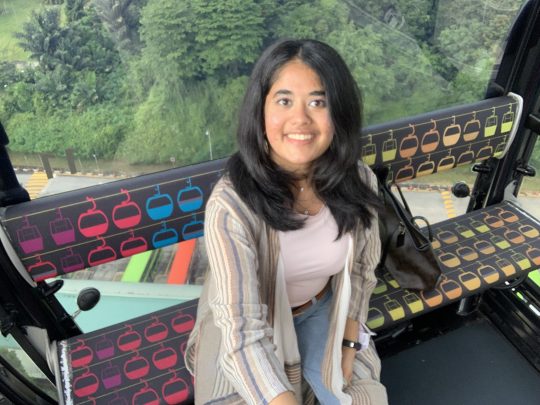
Vanuatu
Resilience in Recovery: The Unblocked Cash Project and Blockchain Humanitarianism in Vanuatu
- Status
- Completed Research
- Research Year
- 2022-23
Vanuatu is one of the most disaster-prone countries in the world, with over 64% of the population exposed to natural hazards annually. Geographic distance between and remoteness of Vanuatu’s communities, along with weak infrastructures and transportation methods, makes dispersing aid difficult and slow, with the average time to receive aid prior to 2020 being at least four weeks. In 2019, Oxfam partnered with fintech company Sempo and blockchain company Consensys to pilot a blockchain-powered cash transfer solution to improve aid delivery in Vanuatu. As of 2022, there are over 1,000 participants and vendors enrolled in the program in Vanuatu and an estimated $2 million USD in aid has been distributed across the Pacific region. The case study aims to better understand the Unblocked Cash Project, a cash and voucher humanitarian assistance program in Vanuatu.
Researchers
Mentors
-

University of Toronto
Priyank Chandra
Assistant Professor in the Faculty of Information, University of Toronto




